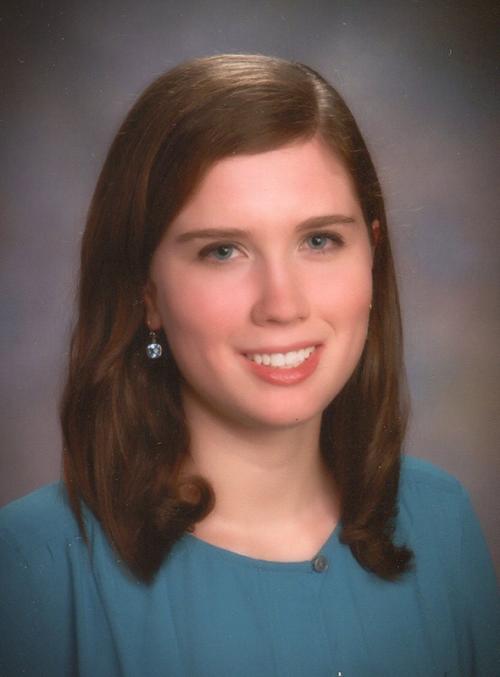Devon McMahon '15
Major: College Scholar, Biological Sciences, Asian Studies
Hometown: New York, NY
Why did you choose Cornell?
I was originally unsure about Cornell, given its large size. However, during Cornell Days I was awed by the myriad of research and academic opportunities available to undergraduates. I also fell in love with our beautiful Ithaca campus, and have not looked back since.
What is your main Cornell extracurricular activity? Why is it important to you?
Cornell has given me many opportunities to lead both small and large groups of people. Out of all of these extra-curricular experiences, my experience leading MEDLIFE has been the most meaningful and memorable. I have been highly involved with MEDLIFE since my freshman year because I feel that the goals of the club are truly beneficial to students at Cornell and families living without medical care in South America.
What was your most profound turning point while at Cornell?
It was very much serendipitous that I became interested in Nepal during my time at Cornell. I am a pre-med student, and at the beginning of my academic career was mostly interested studying biomedical sciences and taking courses in the biological and chemical sciences department. I did not realize how much I enjoyed travelling until freshman year at Cornell, when I traveled to Peru for a medical brigade. This experience completely changed the course of my Cornell education. I became interested in studying the challenges faced by the health systems in other, less developed countries. At first, I was more focused on biomedical issues, such as a high prevalence of HIV or high maternal mortality rates. However, the more I traveled to these countries the more I realized that a thorough understanding of culture, language and history was necessary before getting involved medically.
What, if any, Cornell-related scholarships/special financial benefits did you receive?
Cornell has been very generous to me. I am a Rawlings Presidential Research Scholar, which is a stipend that has supported my research projects and wages. I have also received the following three grants: The Einhorn Discovery Grant, The Lynne S. Abel Grant, and the Bartels Scholarship to support additional research projects and one summer at Cornell’s Shoals Marine Lab, located in Maine.
What accomplishments/activities are you most proud of while at Cornell?
Although daunting at times, I am most proud of my Honor’s Thesis through the College Scholar Program, in which used field data I collected while studying abroad to explore how international development has changed childbirth practices in a rural area of Nepal.
What, if any, research projects did you participate in at Cornell?
Cornell has given me the opportunity to participate in a large variety of research projects. During freshman year, I began working in a neurobiology lab, and I am now just finishing an independent research project through that lab entitled “Early Social Isolation Affects Odor Memory, Odor Discrimination, and Odor Detection.” Sophomore year I began working in another lab in the Department of Nutritional Sciences, where I have mostly been conducting a literature review on barriers to health workers providing Prevention of Vertical Transmission (PVT) services in Sub Saharan Africa. Through study abroad in South Africa and Nepal, I was able to conduct smaller, anthropological research projects on childbirth.
What Cornell memory do you treasure most?
My favorite memories at Cornell are the small things, like the rush of fresh water coming from the gorges or the smell of coffee grounds at College Town Bagels. But more than the place itself, I most treasure the Cornell community, especially my friends and teachers.
Who or what has influenced you the most while at Cornell?
I have been most influenced by faculty involved with the Cornell in Nepal Study Program, especially my anthropology professor and thesis adviser Kath March and Nepali teacher Shambhu Oja. Their love for Nepal has been highly contagious.
How did any of your beliefs or interests change during your time at Cornell?
Being exposed to such a variety of people both at Cornell and during study abroad has caused me to think more deeply about my ingrained beliefs on religion, politics, etc. It has been through this process of self-questioning and conversations with my peers that I have begun to better understand myself and transition into adulthood.
What do you value about your liberal arts education?
I have valued the freedom that Arts and Sciences gives to explore subjects that I never realized existed, such as Nepali language or medical anthropology. The breadth of science and humanities education I have received at Cornell has been amazing.
What are your plans for next year; where do you see yourself in 10 years?
I will spend next year in Nepal as a Fulbright Scholar, researching the effectiveness of a rural scholarship program for Nepali medical students. I then plan to attend medical school in the United States. In 10 years I hope to begin a medical practice that will allow me to continue to be engaged globally.




